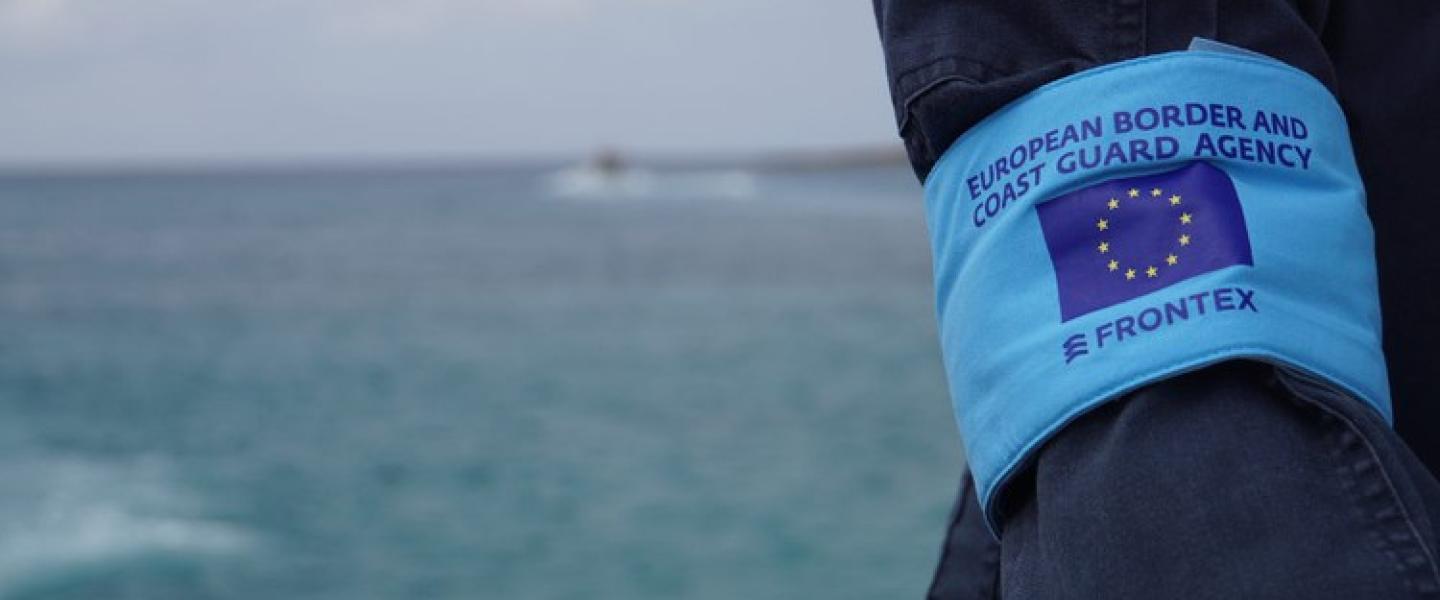Press Release
Friday 16 July 2021
London.UK. Yesterday the EU Rapporteur on Frontex, Mrs. Tineke Strik published her Report on the fact-finding investigation on Frontex concerning alleged fundamental rights violations, including in the Eastern Mediterranean Sea.
The Report did not find conclusive evidence on the direct performance of pushbacks and/or collective expulsions by Frontex at the EU external borders in all the serious incident case (SIC)s that were examined, of which eight referred to Greece.
It however concluded that “the Agency found evidence in support of allegations of fundamental rights violations in Member States with which it had a joint operation, but failed to address and follow-up on these violations promptly, vigilantly and effectively. As a result, Frontex did not prevent these violations, nor reduced the risk of future fundamental rights violations.
Another important issue that the EU Report flags is that on the lack of transparency of the Agency’s complaints mechanism which ‘currently does not meet the criteria of effectiveness concerning accessibility, institutional independence, and transparency’.
Specifically, the Rapporteur found Frontex’s response to complaints about alleged human rights violations by the Greek authorities insufficient ,by way of relying solely on the denials of the Greek government, which did not undertake any investigations into the alleged abuses. The Agency did not verify its information and subsequently closed the cases.
Finally the Report underscores the importance of search and rescue obligations at every stage of maritime operations and emphasises that every operational plan should include an agreement on Search and Rescue obligations, as well as on the port of disembarkation, which has to be a place of safety as it is laid down in international maritime law. In order to develop a more proactive and predictable approach to search and rescue operations, the FSWG recommends that the Agency, the Commission and the Member States develop protocols to respond to search and rescue needs and save lives at sea, and to ensure sufficient capacity to coordinate search and rescue operations.
The Deputy Director General for Migration and Home Affairs, Mr Luchner highlighted before the Parliament that any type of humanitarian assistance to migrants in distress at sea must not be criminalised by EU Law and to this end the EU Migration Pact will have to be interpreted in light of well-established international law rules and principles for maritime humanitarian assistance.
The presentation of the Report before the EU Parliament’s LIBE Committee can be accessed here.
ENDS.
